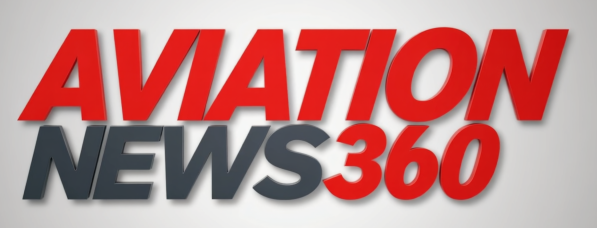[aviation news]
In a significant blow to American Airlines, the U.S. Supreme Court declined to hear its appeal on June 30, 2025. Instead, the Supreme Court upheld a lower court’s decision to block the Northeast Alliance partnership with JetBlue Airways.
This ruling, stemming from a 2023 decision by the 1st U.S. Circuit Court of Appeals in Boston, marks a pivotal moment in U.S. airline competition law.
The decision reinforces federal efforts to protect consumers from anti-competitive practices in the aviation industry.
The Northeast Alliance: A Controversial Partnership
The Northeast Alliance, launched in 2020, was a strategic collaboration between American Airlines and JetBlue Airways. It aimed to coordinate flight schedules, share revenue, and align operations at key Northeast airports, including New York’s LaGuardiaJFK, Newark Liberty, and Boston’s Logan.
American Airlines argued the partnership boosted competition by allowing the carriers to challenge larger rivals like United Airlines and Delta Air Lines.
The alliance promised consumers more flight options, seamless connections, and enhanced loyalty program benefits.
However, the U.S. Justice Department saw things differently. It argued that the partnership stifled competition by reducing JetBlue’s incentive to offer low fares, a hallmark of its brand.
By aligning with American, a legacy carrier, JetBlue’s cost-cutting edge could weaken, potentially leading to higher airfares and fewer choices for travelers.
In 2023, a federal district judge agreed, ruling that the Northeast Alliance violated Section 1 of the Sherman Antitrust Act, which prohibits anti-competitive agreements.
The 1st Circuit Court of Appeals upheld this decision, prompting American’s appeal to the Supreme Court.
Supreme Court’s Decision and Its Impact
The Supreme Court’s refusal to take up the case leaves the lower court’s ruling intact, effectively ending the Northeast Alliance. JetBlue had already withdrawn from the partnership in 2023, redirecting its focus to other ventures, including a failed bid to acquire Spirit Airlines.
American Airlines, however, expressed disappointment, stating the alliance was designed to benefit consumers and strengthen competition in the Northeast, a region dominated by larger carriers.
This ruling has broader implications for the airline industry. It signals that federal regulators and courts are scrutinizing partnerships that could undermine consumer choice or raise prices.
The decision may deter similar alliances in the future, pushing airlines to compete independently rather than through cooperative agreements.

Confusion with United-JetBlue ‘Blue Sky’ Partnership
Some confusion exists regarding American Airlines’ appeal, as it does not involve the United Airlines-JetBlue partnership, known as the “Blue Sky” alliance, announced in May 2025.
Spirit Airlines has raised concerns about this new partnership, filing a complaint with the U.S. Department of Transportation.
Spirit argues that Blue Sky could mirror the anti-competitive effects of the Northeast Alliance by aligning JetBlue’s low-fare model with United’s loyalty programs and slot-sharing at JFK.

Looking Ahead
The Supreme Court’s decision underscores the government’s commitment to enforcing antitrust laws in the airline industry.
For consumers, this could mean more competitive fares and options, particularly in the Northeast, where JetBlue’s low-cost model remains a key player.
However, airlines like American and JetBlue may need to rethink strategies to compete with industry giants without relying on partnerships that risk regulatory pushback.
For now, the focus shifts to how American Airlines adapts and whether the Blue Sky partnership faces similar scrutiny. Travelers can expect continued oversight to ensure competition thrives in the skies.
Share this content:

